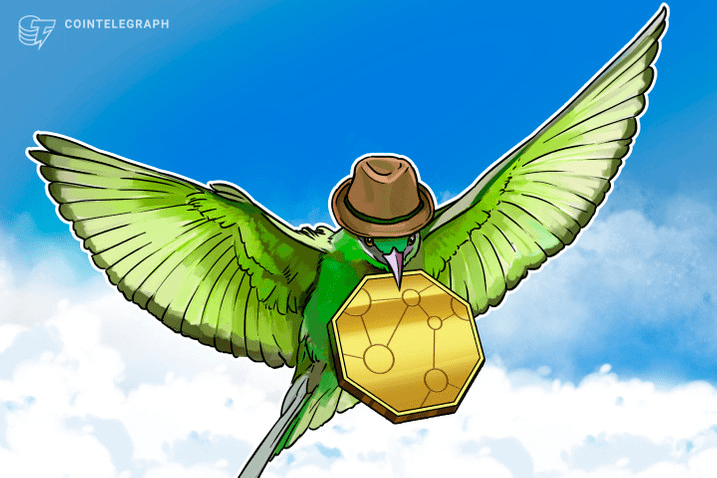
A common narrative spun up over the past few weeks is that the direct listing of COIN is also adding value to centralized exchange tokens. Analysts are also speculating that other U.S.-based regulated exchanges like Kraken and Gemini will likely follow Coinbase’s path and attempt to raise funds through a stock offering.
BNB token provides holders with a discount on trading fees, and it is required for those wishing to participate in Binance Launchpad token sales. As BNB gained liquidity, it also became a base pair for other cryptocurrencies at Binance exchange. Over time, other uses emerged as the Binance Smart Chain gained traction. For example, BNB can cover network fees and as serve as a utility token in the ecosystem, which includes decentralized apps (dApps) and games.
Periodically Binance burns (destroys) some of the non-circulating BNB tokens based on the exchange’s overall trading volume. This strategy’s efficacy vanished over time as investors understood that these destroyed tokens never entered the circulating supply. The Binance Smart Chain network uses a Proof of Stake Authority which eliminates the need for miners or expensive transaction fees. The platform kept its compatibility with the Ethereum Virtual Machine (EVM) and has a similar token and smart contract structure.
Many tokenized (or pegged) cryptocurrencies have gained relevance in Binance’s networks, allowing users to bypass miner fees. Another benefit provided by Binance Smart Chain’s BEP-20 model is staking and farming capabilities in its vast network of decentralized applications, including the PancakeSwap DEX and Venus lending platform.
If done correctly, BNB’s market capitalization could surpass that of the entire traditional banking system, but before this can happen these networks and decentralized applications need to gain adoption and prove that they can stand up to the needs of mainstream investors and banking clients.
Source: FXPro